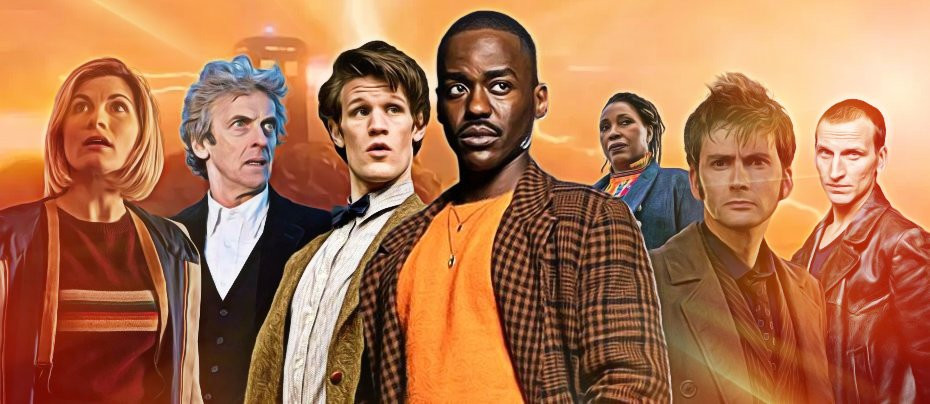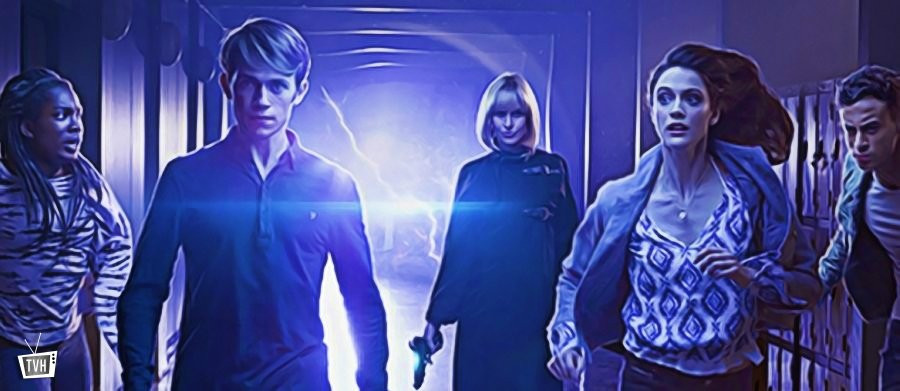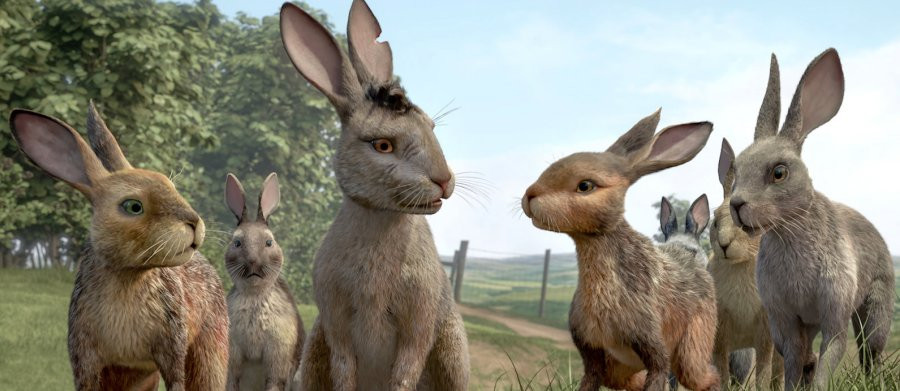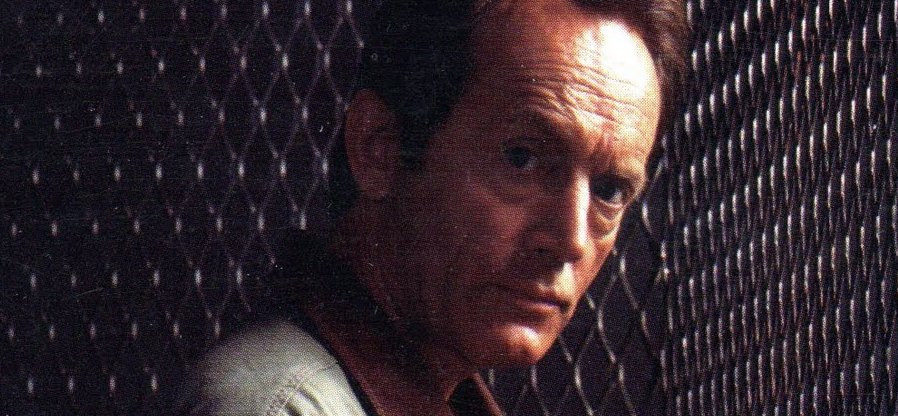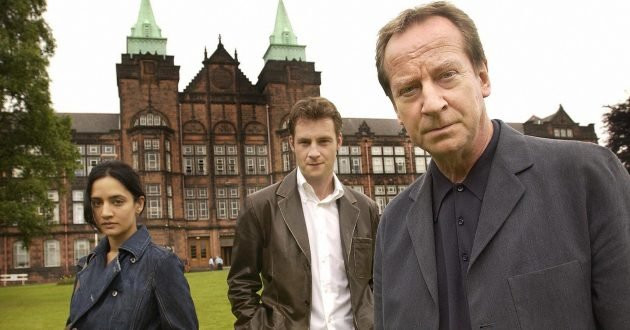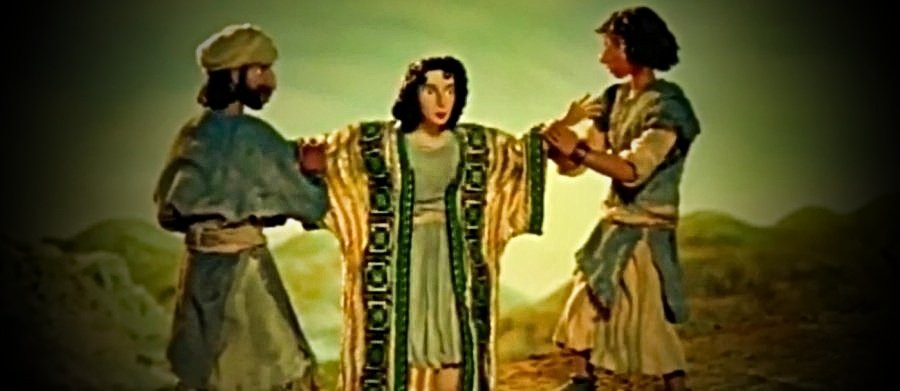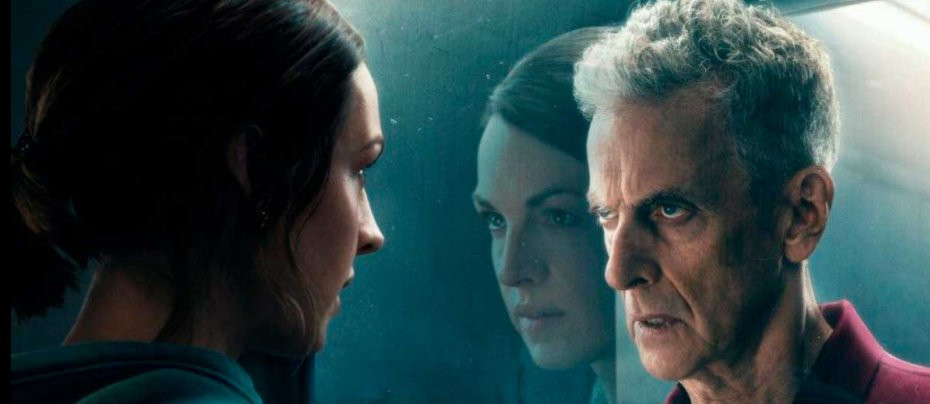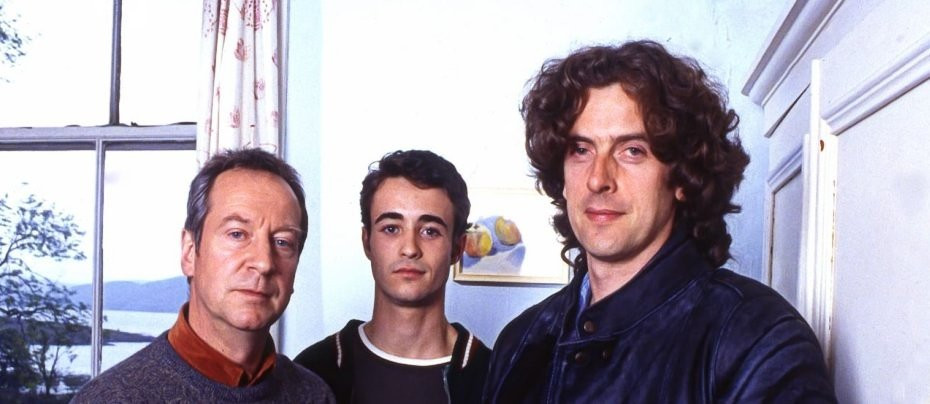
The Crow Road
1996 - United Kingdomvery much a showcase for the strength in depth of the Scottish acting profession
Review by John Winterson Richards
A four-part miniseries set mainly on the picturesque West Coast of Scotland, The Crow Road is both a mystery and a coming-of-age saga in that our young protagonist, the significantly named Prentice, grows up a bit as he tries to work out what happened to his favourite uncle, who disappeared seven years ago.
Prentice, played by Joseph McFadden, bears at first something of a resemblance to John Hannah's Robert, the young protagonist in another Scottish mystery miniseries, made not long before, Brond, in that both are essentially immature children in the bodies of young men. Lazy and lacking in direction, Prentice is not exactly likeable, but one develops a certain sympathy for him as he has to make his way through the opaque rites of passage and toe-curling mistakes commonly associated with being a male trying to grow up in modern Western culture. He experiments with different working philosophies, becomes aware of the imperfections of those he loves, learns the hard way that others are not always to be trusted, gets bogged down in petty arguments that turn out to be wholly unimportant, becomes infatuated with a girl obviously well out of his league, and makes a total fool of himself after drinking too much - more than once.
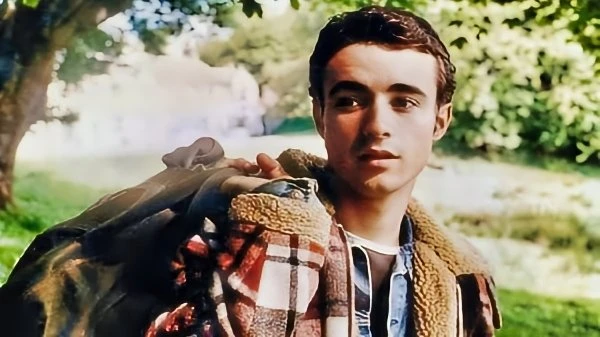
Yet he ends up an adult who, in the end, makes adult decisions. His last is the unselfish act of a fully mature human being. Seeing his own imperfections enables him to forgive them in others, and he is able to move on. Things work out perhaps a bit too conveniently in the final episode, but Prentice has still changed for the better, which is the whole point. He has undertaken the classic Hero's Journey through trials and tribulations to attain the reward of admission to manhood.
McFadden is very good, maintaining a touching innocence just beneath the surface of a youngster pretending to be more sophisticated than he is, but the real strength of the production is its supporting cast. BBC Scotland really got into their address book on this one.
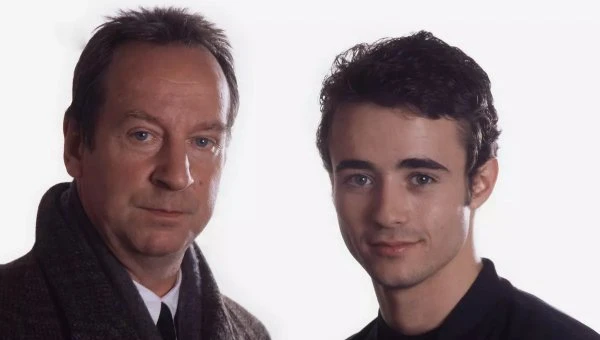
The great Bill Paterson, who was definitely on a roll at this point in his career, plays Prentice's prickly but caring father, Kenneth, one of three sons of a charmingly dotty matriarch played by the late Gudrun Ure (Super Gran). Another is the unctuous, pedantic Hamish, played by Paul Young, whose eccentric interpretation of Christianity brings him into conflict with the dogmatically atheist Kenneth. The third brother, the apparently laid-back Rory, played by Peter Capaldi, provides a degree of balance between these extremes before he goes missing. Their sister Fiona, played by Stella Gonet, is married to the wealthy Fergus, played by David Robb (I, Claudius, First Among Equals, Downton Abbey). There is significant animosity between Fergus and the working-class Lachlan, played by Alex Norton, whose niece Ashley, played by Valerie Edmonds, is a high-flying computer programmer and a childhood friend of Prentice's. This distinguished extended family tree is completed by the then up and coming Dougray Scott as Prentice's own far more talented, handsome, and successful older brother, Lewis.
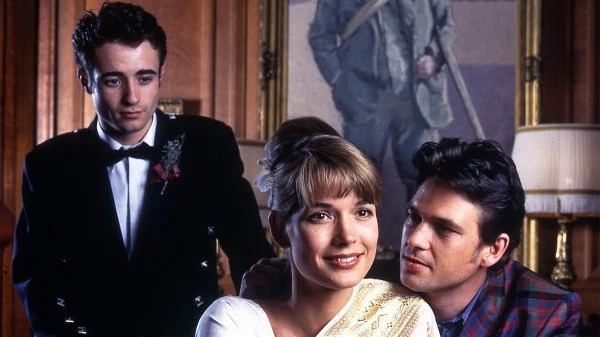
The project was very much a showcase for the strength in depth of the Scottish acting profession at the time, and, as one might expect of a cast of this calibre, the characters weave an intriguing web of relationships. The main weakness is not in the playing but in the script.
It is based on a novel by Iain Banks, and, like many adaptations of contemporary literary fiction, can sometimes seem a bit contrived. Contemporary stories are usually supposed to aspire to realism, which is what The Crow Road seems to lack. The story takes place in the sort of world which exists only in a professional writer's imagination, in which everyone is a character and has significant secrets, and even the characters complaining about lack of money enjoy casual affluence.
It is usually a warning sign when an important character in a novel is a writer, and The Crow Road has two of them - three if one includes Prentice's brother, who writes his own material as a standup comedian. This immediately reminds the reader, or the viewer, of how artificial the whole situation is. In fairness, there are moments when it is relevant to the plot, and other moments when the script seems on the verge of saying something interesting about writing and the writer's life, but nothing very profound comes of it.
The same is true of the times when The Crow Road seems to want to engage in some very Big Questions about philosophy, religion, human nature, love, and family. It toys with ideas in order to sound clever, like Prentice mentioning he has to write an essay about Wittgenstein, but in the end it has nothing of substance to offer - and it is perhaps symbolic that Prentice's essay remains unwritten.
This lack of depth is reflected in the generally shallow characterisation. Coming from Banks and BBC Scotland, it is no surprise that the token Christian character and the token Tory character are portrayed negatively to the point of caricature. Kenneth, their antithesis, is also shown as stubborn to the point of bigotry and slightly hypocritical, but he is given a more human and humane side to his character which they lack, so we are left in no doubt with whom we are meant to sympathise. Indeed, this is the most frustrating aspect of The Crow Road: Kenneth is potentially a very interesting character, but we never see him change and develop as his son does. He does not really have a character arc, which is a huge, missed opportunity.
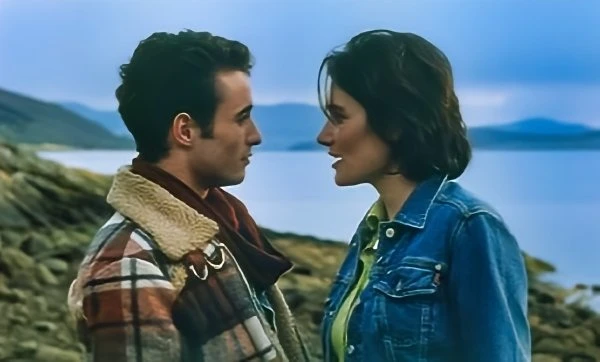
This is not to say that The Crow Road is badly written. The two main strands of the plot, the coming-of-age story and the mystery, are both handled with great skill, apart from the overreliance on happy coincidence at the end, about which even the voice over narration sounds slightly embarrassed.
It is certainly well played, as one would expect of such a cast, and beautifully photographed, as one would expect of such locations.
Yet one feels one has been watching a play rather than living with real people through a turbulent period in their lives. As a result, The Crow Road lacks an emotional punch. One is glad for Prentice that he has been able to move on, but does one care that much? Does one care about any of these characters, who are characterisations rather than souls? Their various couplings, weddings, deaths, and funerals feel like no more than events that just happen, in between going down the pub, rather than major transitions in their existence.
Perhaps that is the very point that Banks, through Kenneth, was trying to make, that nothing really matters that much anyway. For all the lovely landscapes and the superficially jolly characters, The Crow Road remains quite nihilistic. Whether or not one agrees with that philosophically, it is not a perspective that compels the viewers to invest in the characters and their story. Whether it is trying to convey a message or merely to entertain, a story must involve the reader or the viewer, which means it must seem to matter to them - and one cannot feel that a story matters unless one believes that life itself matters in some way.
Seen this show? How do you rate it?
Seen this show? How do you rate it?
Published on May 23rd, 2024. Written by John Winterson Richards for Television Heaven.


